Lebanon's PM says govt. cannot meet debt maturities, suspends March payment
Lebanon says it cannot pay looming Eurobond maturities due next week, setting the heavily indebted state on course for the first sovereign default in its history as the Mediterranean country is hit by a severe liquidity crunch and months of anti-government protests.
Prime Minister Hassan Diab declared the suspension of a bond payment of $1.2 billion due on March 9, saying foreign currency reserves had hit dangerously low levels and were needed to meet basic needs.
Diab said Lebanon's public debt had reached around 170% of gross domestic product, meaning the country was close to being the world's most heavily indebted state.
"The debt has become bigger than Lebanon can bear, and bigger than the ability of the Lebanese to meet interest payments," he said. "In light of the current situation, the state cannot pay the coming maturities ...
"The Lebanese state will strive to restructure its debt in line with the national interest by holding fair, well-intentioned negotiations with all lenders," he added.
Earlier in the day, President Michel Aoun, Diab and senior finance officials "agreed to support the government in any decision regarding debt management, with the exception of a payment of debt maturities,” read a statement released by the presidency.
Lebanon has a $1.2 billion Eurobond due on March 9, and defaulting on the bonds will probably have negative repercussions in the country as international agencies are likely to further downgrade the Arab state’s credit ratings.
Lebanon's financial crisis has led to a hard currency crunch and seen the Lebanese pound lose close to 40 percent of its value since October last year.
Lebanese banks have also imposed tight restrictions on access to deposits and transfers abroad.
Lebanon has been facing a very tough economic situation because of the failing policies of successive governments, which have led to the impoverishment of the people.
Growth in Lebanon has plummeted in the wake of endless political deadlocks and an economic crisis in recent years.
The country hosts 1.5 million Syrian refugees, and their presence is often blamed for putting pressure on the already struggling economy.
Unemployment stands at more than 20 percent, according to official figures.
Successive governments have also failed to address a waste management crisis or improve the electricity grid, which is plagued by daily power cuts.
Iran rejects ‘unacceptable’ Arab League statement on Persian Gulf islands
Israeli aggression has killed 70 percent of Zionist captives: Hamas
Spain turns away ship carrying arms to occupied territories
Hamas to Abbas: Israel never awaited excuses to tyrannize Palestinians
VIDEO | Genocide against Palestinians
Anti-Islam Wilders's coalition deal spells sharp shift to hard-right
VIDEO | Nakba: Is history repeating itself?
Putin in Beijing: Russia, China agree to deepen ‘strategic partnership’


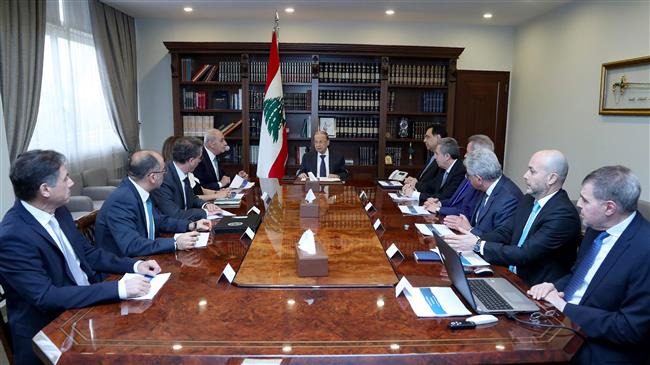



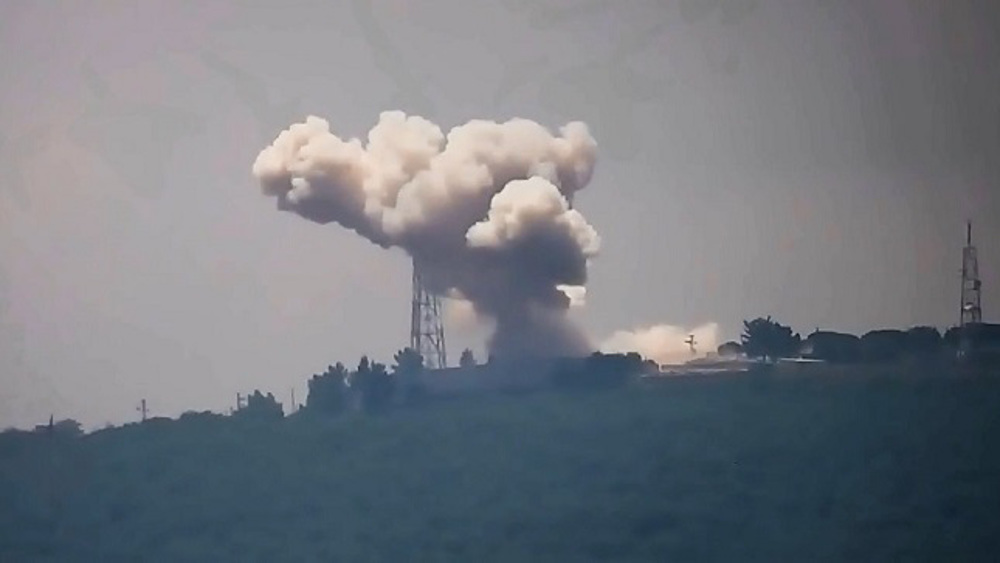
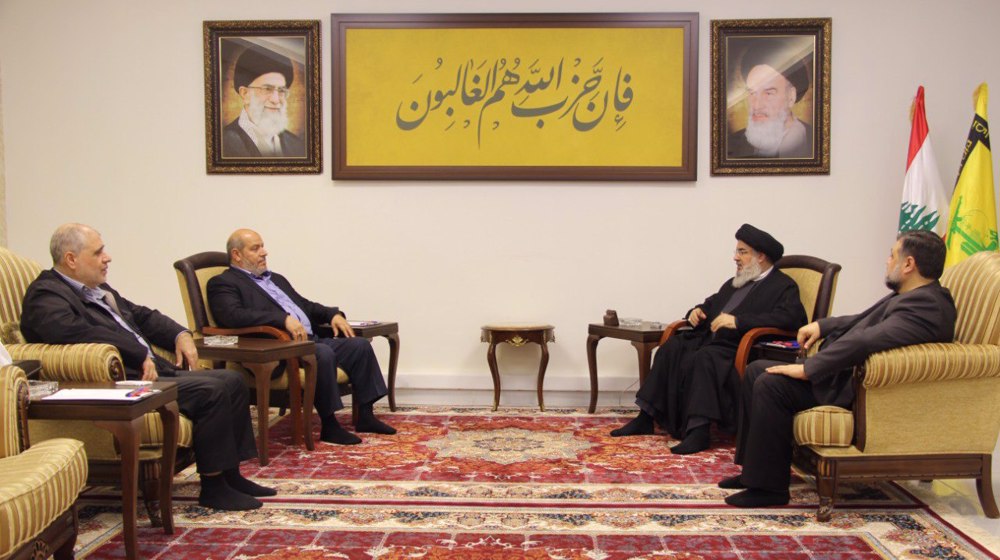







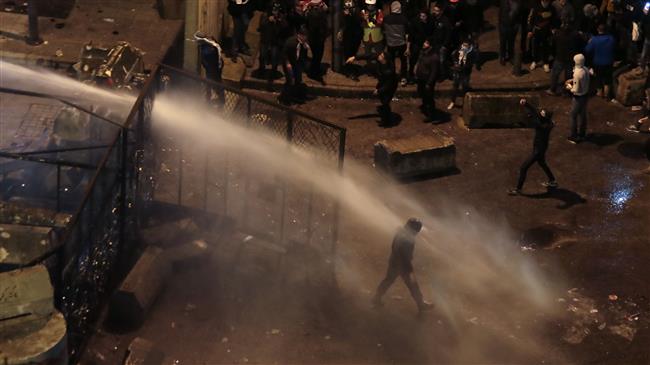
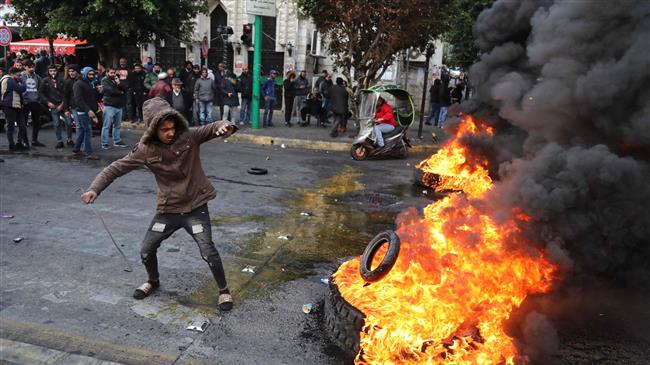
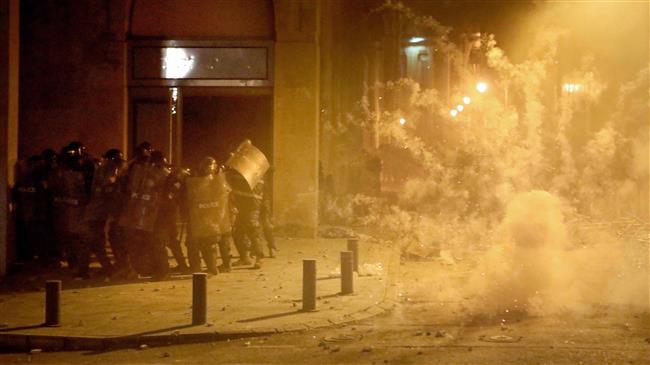

 This makes it easy to access the Press TV website
This makes it easy to access the Press TV website